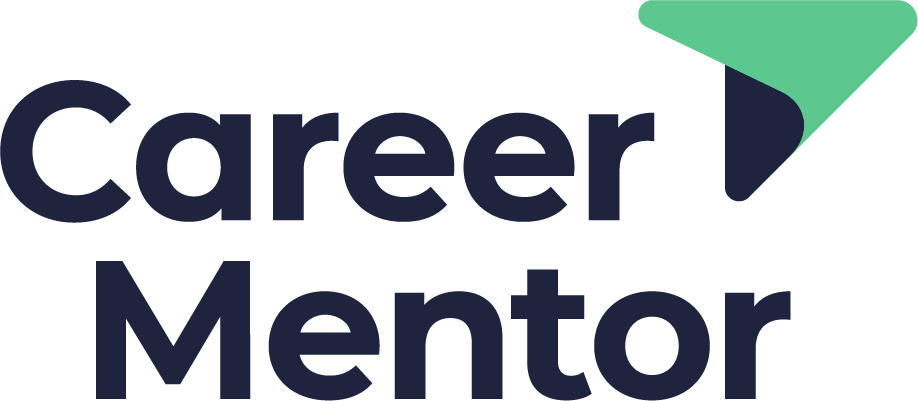Influencing the Interviewer
You might think that a job interview is a lot like a sales call from the perspective of the candidate. However, this is only partially true. There are other factors that determine who is selling to who, and where the balance of power lies in the dynamic of the meeting.
That’s what we’ll unravel in this blog, looking to understand the varied factors at play that will help you influence the interviewer in an effective manner.
Broadly, many candidates for a job often assume that the interviewer holds the power because they hold the keys to the desired job, so to speak. You want the job.
So, you have to answer questions and perform well enough to be asked to the next stage. That may be true in a specific scenario, but I would suggest that the reality is a little more nuanced than that. This is because the boot might in fact be on the other foot - your foot. It might be that you have exactly the skills and reputation that they need and that they are the ones who have to sell to you.
It might also be influenced by a perceived supply and demand issue. If they have been looking for sometime and just cannot find the right person until they meet you, well, that gives you a certain amount of value and leverage.
It might also be that you are talking to two or three firms and you genuinely feel that you have a good level of choice. You find it easier to be more discerning and careful about which firm you chose to join.
So, let’s not make any assumptions about who is selling who.
It follows, therefore, that one of your first tasks for the interview is to gauge where this interviewer - the one right in front of you - thinks that the dynamic sits. He or she may be the one making the assumptions.
With this in mind, how can you improve your ability to influence the interviewer so that you increase your chances of being invited to progress through the process? Here are some ideas that will help.
Pre-Influence:
Let the recruiter know that you are enthusiastic and keen to proceed. However, you are not yet convinced that this the right role and firm for you yet. You are still keen to learn more so that you can make a well-considered and informed decision. You may also let the recruiter know and the other interviewers you’ve already met, that you are in discussions with other firms - if that is indeed the case.
Mindset is crucial
Don't go to the interview feeling needy, desperate and unworthy. Rather, have the attitude that you can add a tremendous amount of value for the right firm and right role. Feel abundant, curious, energetic, enthusiastic and positive.
Rapport
Building a great level of rapport very rapidly in the first few minutes of the meeting is critical. Polish your rapport-building skills and practise to the point where you can achieve deep rapport quickly, deeply and naturally.
Pre-Frame
If at all possible, let the interviewer know your agenda in a light conversational way as this will set the tone for the meeting. But if you get re-framed - leave it. Don’t re-frame the re-frame.
Out in the open and not in the Interviewer’s mind.
If the interviewer keeps their cards close to their chest and does not let you know what they are looking for and why, it is difficult to influence them. All the calculation about whether or not you are a fit will be happening in their mind and not out in an open conversation. You can only guess what this person wants by clues in the questions asked. You can only hope that your answers hit the mark.
And, further, you can only hope that the interviewer is not making false assumptions and fully understands you answers and there is zero misinterpretation. To this end, move the interview from an interrogation to a conversation. The interviewer asks questions that you answer. You ask questions to explore areas of need, want and to find the pain points. You also ask questions to clarify some of the interviewer’s statements and questions.
Create a match between what they want and what you have to offer. Of course, avoid dominating. It is the interviewer’s interview and they must feel somewhat in charge of the situation.
In summary, tune in and understand the dynamic of the interview. Work with the interviewer to help them get what they need from the interaction. Position yourself well so that you increase your ability to influence the outcome and to get the information you need from the conversation.
If you’re preparing for an upcoming interview, let’s talk.
